Emeritus Researchers
SEPARADOR 1
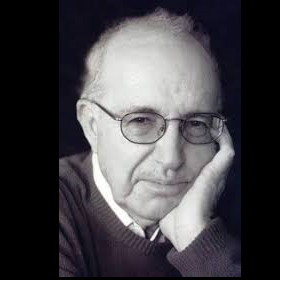
António Borges Coelho
Historian, professor, poet, and playwriter
Born in Murça (Trás-os-Montes), in 1928, he was an anti-fascist resistance fighter in his youth. As well as a journalist, poet, and playwright, he is an key Portuguese historian. His studies on the Inquisition, theme of his PhD thesis, as well as his research on the Muslim presence in the Iberian Peninsula are worth mentioning. Among his works, Portugal na Espanha Árabe stands out. He was a professor at the School of Arts and Humanities of the University of Lisbon and director of the Centre for History.
SEPARADOR 2
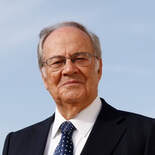
António Dias Farinha
Historian, professor
BA in History from School of Arts and Humanities of the University of Lisbon (1962); BA in Literal Arabic and History and Geography of the Maghreb from the École Nationale des Langues Orientales Vivantes of the Université de Paris-I Panthéon-Sorbonne (1968); and BA in Medicine from the Faculty of Medicine of Lisbon (1980); he got a PhD in History from the University of Lisbon (1990), with the thesis Portugal e Marrocos no Século XV. From his work, the following books stand out: História de Mazagão durante o Período Filipino (1970), Os Portugueses no Golfo Pérsico (1507-1538) (1991), Os Portugueses em Marrocos (1999).
SEPARADOR 3
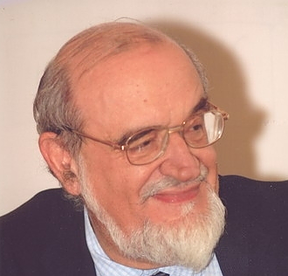
João Medina
Historian, professor, and ensaísta
Born in Lourenço Marques (Mozambique), in 1939. HBA in Philosophy, from the School of Arts and Humanities of the University of Lisbon, and PhD in Sociology, from the University of Strasbourg. He taught at the universities of Aix-en-Provence, Pisa, Cologne, Johns Hopkins, and Brown. His bibliographical production includes studies on Eça de Queirós and the 70s Generation.
SEPARADOR 4
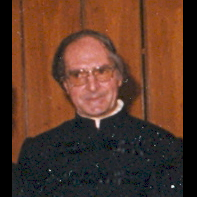
José Nunes Carreira
Historian, professor, and hebraist
Born in Alburitel (Ourém, 1934). BA Theology at the Gregorian University in Rome (1960) and in Biblical and Oriental Sciences at the Pontifical Biblical Institute in Rome (1963). He taught at the Catholic University of Portugal, at the University of the Azores and at the School of Arts and Humanities of the University of Lisbon, where he founded the Oriental Institute. He is the author of several works in the field of history and pre-classical civilisations.
SEPARADOR 5

Luís Manuel Araújo
Historian, professor
BA in History at the FLUL in 1980, where he joined as a Trainee Assistant in 1987. In 1998, he obtained his PhD with the thesis Estatuetas Funerárias Egípcias da XXI Dinastia: 1070-945 BC. He as published more than one hundred scientific works, namely: Eça de Queirós e o Egipto Faraónico (1987); Mitos e Lendas do Antigo Egipto (2005); Arte Egípcia. Coleção Calouste Gulbenkian (2015); Erotismo e Sexualidade no Antigo Egito (2012); Os Grandes Mistérios do Antigo Egito (2017); and the coordination of the Dicionário do Antigo Egipto (2001).
SEPARADOR 6

Manuela Mendonça
Historian, professor
BA in History at the FLUL in 1978; she got her PhD in 1990, with the thesis D. João II: Um Percurso Humano e Político nas Origens da Modernidade em Portugal and the complementary thesis on D. Jorge da Costa, Cardeal de Alpedrinha, being already a professor at the faculty. On 8th October 1990, she took office as Subdirector General of the National Archives/Torre do Tombo, holding this position until 14th February 1996. In January 2004, she was elected Secretary-General of the Portuguese Academy of History, holding this position until January 2006, when she was elected President of the same institution, a position she still holds.
SEPARADOR 7
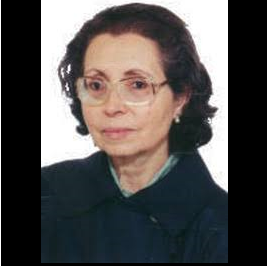
Maria do Rosário Themudo Barata
Historian, professor, and música
Born in Lisbon (1944) and besides the academy, she also dedicated himself to music, having finished the piano course at the Lisbon National Conservatory (1964). BA in History from the Faculty of Letters of the University of Lisbon (1966) and obtained his doctorate in 1984 with the thesis As Regências na Menoridade de D. Sebastião. Elementos para Uma História Estrutural. Her intense academic activity focuses on the area of modern history.








